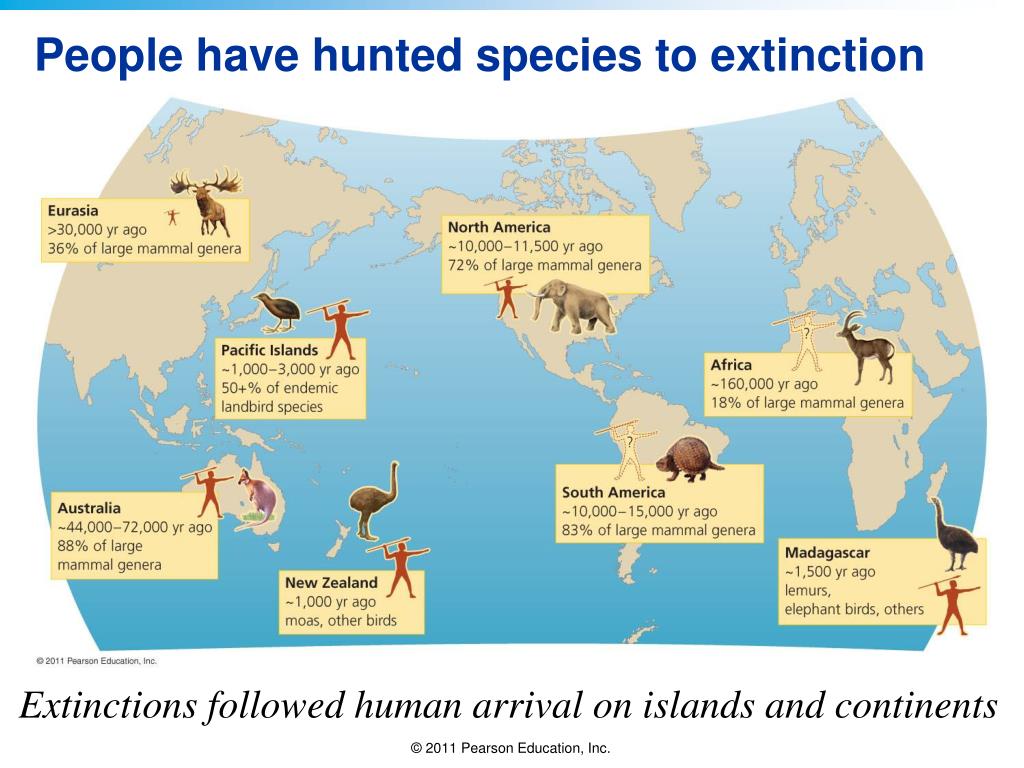Human activity in the last 500 years has brought extinction upon more than 800 species

Human Activity and the Extinction of More Than 800 Species

In the past 500 years, human activity has brought extinction upon more than 800 species, a sobering fact that highlights the detrimental impact of our actions on the environment. This alarming statistic serves as a stark reminder of the urgent need for sustainable practices to preserve and protect the Earth’s biodiversity.
The loss of these species can be attributed to various human activities, such as habitat destruction, pollution, overhunting, and introduction of invasive species. These activities have disrupted delicate ecosystems, pushing many organisms to the brink of extinction. As we continue to encroach upon wildlife habitats, the delicate balance of nature is further disturbed, leading to a rapid decline in the populations of various species.

Habitat destruction, caused by activities such as deforestation and urbanization, remains one of the leading causes of species extinction. As we clear vast tracts of land to make way for agriculture, industry, and human settlements, countless species lose their homes and struggle to survive. Additionally, pollution from industries and human waste negatively impacts ecosystems, poisoning water sources and contaminating habitats. These pollutants infiltrate the food chain, affecting various organisms and ultimately leading to the decline in their numbers.
Overhunting is another human activity that has driven many species to extinction, particularly in the case of large mammals. Throughout history, humans have hunted animals for various purposes, including food, clothing, and cultural rituals. However, with the advent of modern technology and an ever-growing human population, our hunting capabilities have become more efficient, placing immense pressure on wildlife populations. Without proper regulation and sustainable practices, many species have been unable to withstand this intensified hunting pressure, resulting in their demise.
Furthermore, the introduction of invasive species has had devastating consequences for native flora and fauna. When non-native species are introduced into new environments, they often lack natural predators, allowing them to proliferate rapidly and outcompete native species for resources. This aggressive behavior leads to a decrease in biodiversity and can ultimately lead to the extinction of vulnerable native species unable to withstand the competition.
To mitigate further species losses, it is crucial that we recognize the impact of our actions and take immediate steps to protect and restore the environment. Conservation efforts, such as the establishment of protected areas, promoting sustainable land use practices, and implementing stricter regulations on hunting and pollution, are essential. Additionally, raising awareness about the importance of biodiversity and the consequences of species extinction can inspire people to make environmentally conscious choices in their daily lives.
In conclusion, the fact that human activity in the last 500 years has brought extinction upon more than 800 species serves as a wake-up call. The consequences of our actions have resulted in the loss of vital organisms and disrupted delicate ecosystems. However, by acknowledging these impacts and adopting sustainable practices, we can work towards a future where the preservation of biodiversity takes precedence. Let us come together and strive to protect our planet for the well-being of both current and future generations.
Source: SERC Carleton - Unit 1 Read
Tags
Share
Related Posts
Quick Links
Legal Stuff

